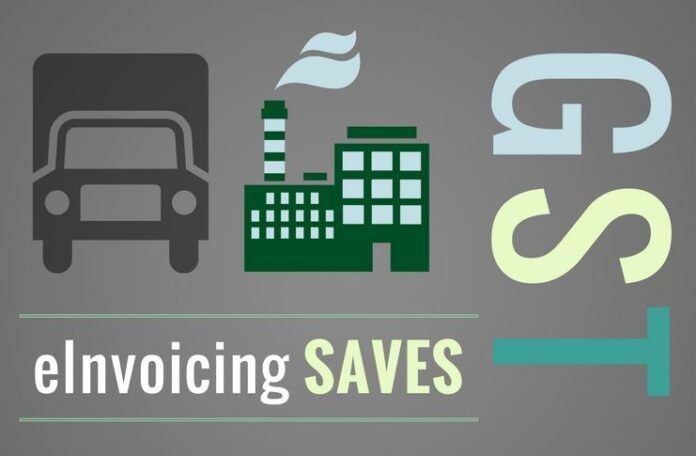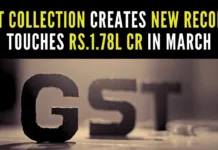
[dropcap color=”#008040″ boxed=”yes” boxed_radius=”8px” class=”” id=””]T[/dropcap]he proposed pan-India Goods and Services Tax marketed on the principle of ‘One Nation, One Tax’ provides an opportunity to formulate a national E-Invoicing Standard for India. The empowered Committee of State Finance Ministers on GST (which will transform into the proposed GST Council) mandates filing of tax invoices at multiple levels of granularity – like at aggregate of taxable person level, invoice level and line item level. It also envisages Online Real Time reporting of transactions of supply of goods and services in due course of time as we move forward with implementation of GST. The Prime Minister in his reply in Lok Sabha on the discussion on the Constitution amendment Bill to enable GST, had very aptly mentioned that “kutcha bills” or unaccounted Invoices would become a thing of the past under the proposed GST law. While one would hope so, the GST law also paves a wider opportunity for the Central and State indirect tax regulators, and commerce and industry to adopt electronic Invoicing (e-Invoicing) on a large scale for automated processing of such transactions in goods and services.
eInvoicing is an umbrella term for a number of different technologies by which an invoice is electronically created, validated, authenticated, transmitted, presented and retrieved to/by a counterparty. To enable large scale adoption of eInvoicing, there is a case for establishment of standards for creation, validation, authentication, transmission and retrieval of the same.
Globally, there are around 15 different einvoicing message standards in use today within different industry verticals and country boundaries. Of course there also a few national standards such as in Europe, USA and Australia.
A report commissioned by the Australian Tax Office (ATO) estimates a saving of 80% on adoption of einvoicing compared to paper based processing. It also suggested that moving to eInvoicing could save the Australian Government agencies upto AUD 3 Billion each year.
There is a sufficient case for the empowered Committee of State Finance Ministers on GST to work with the Accounting regulator – The Institute of Chartered Accountants of India to formulate an eInvoicing Standard for India.
- Social Security Payments : Tax or Savings - September 28, 2017
- India Uninc set for a giant leap post Demonetization & GST : A Contrarian opinion - September 3, 2017
- India Myanmar Strategic Economic Cooperation - September 1, 2017










